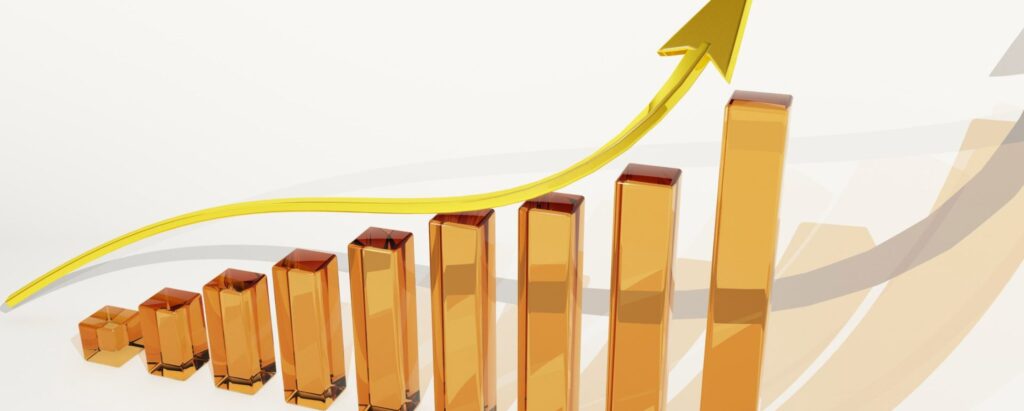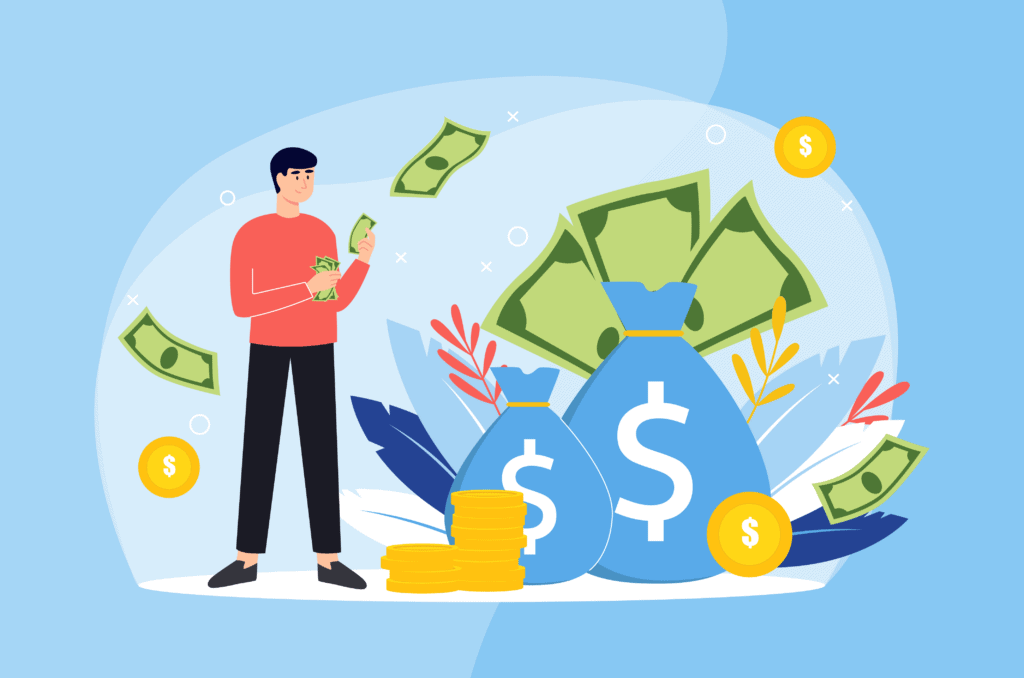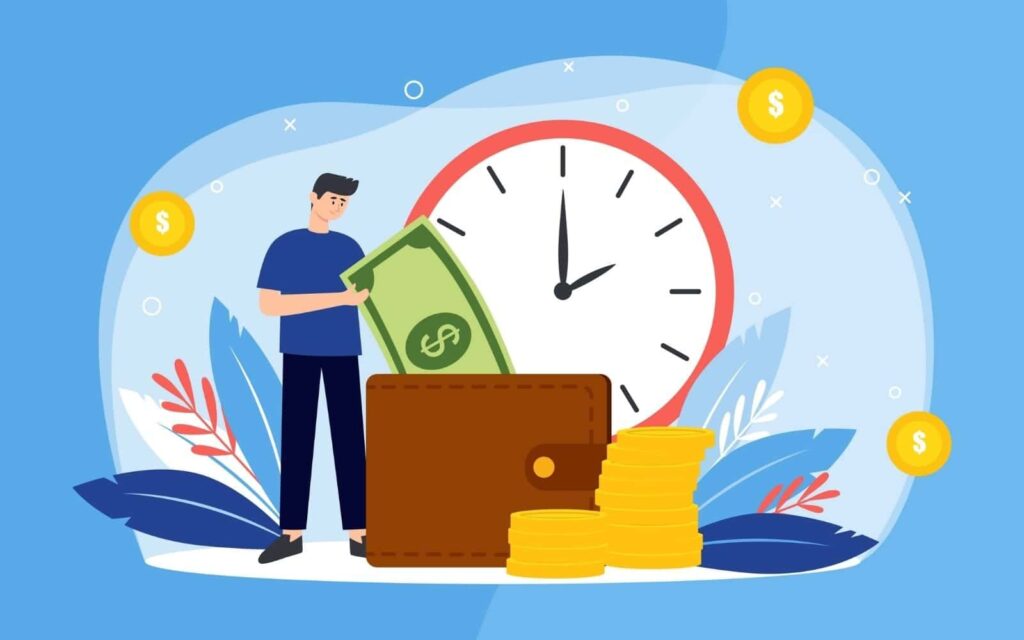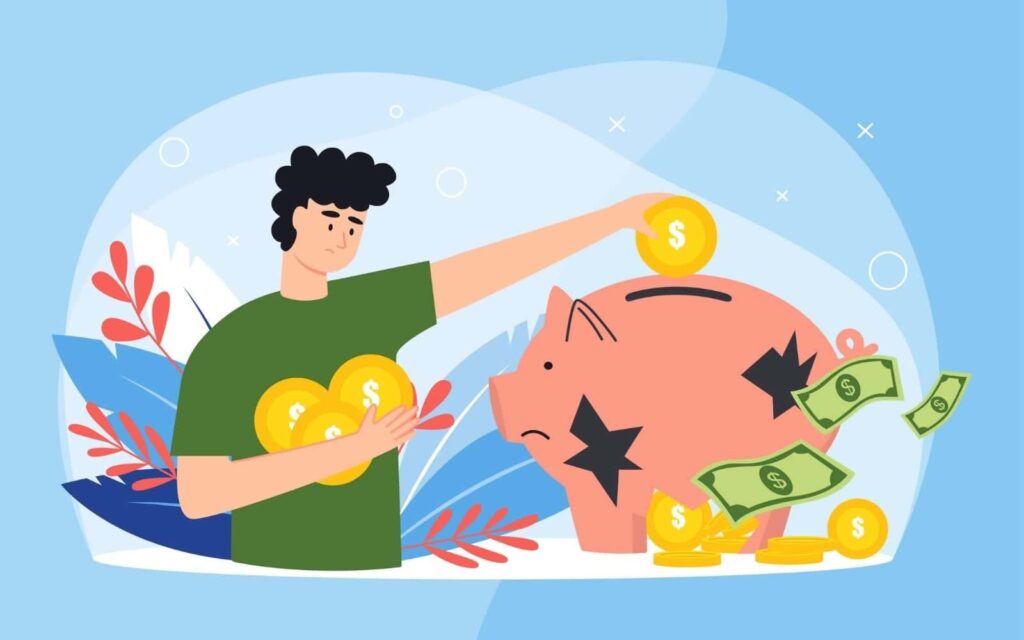Disclosure: This post may contain affiliate links. If you click on a link I may make a small commission at no extra cost to you. You can read the full disclosure here.
Last Updated on June 19, 2023 by Chris Panteli
How to Save Money During an Economic Crisis
Saving money can be challenging, especially when the economy seems to be rapidly going downhill. Economists in the US are predicting a recession, interest rates are going up, and necessary expenses like housing and childcare have become unaffordable for a majority of Americans.
Over 768 tech companies have laid off more than 200,000 workers in the first half of the year, while many others are under the constant threat of being let go.
Several businesses are struggling to stay afloat with over 2000 stores closing this year owing to a mix of factors like unaffordable rent, the rise of shoplifting cases, and people preferring cheaper and more convenient online shopping options.
Banks are also hit, as seen with one of the leading tech lenders, the Silicon Valley Bank collapsing earlier this year.
It is super challenging but important to manage your money at times like these, so we asked various finance experts how you can save money during an economic crisis.
Know where the money needs to go first

You can cut down on shopping, eating out, and entertainment, but there are some expenses that you just can’t avoid. Knowing how much you need to spend even when the economy is at its worst will help you identify how much money you have to save to survive.
One of the easiest ways to do this is to track your spending to gauge more accurately how much money is going towards non-essentials vs non-negotiable expenses (like rent), says Travis Forman, a certified financial planner and portfolio manager at Harbourfront Wealth Management.
You can use a basic pen-paper setup or apps like Mint to monitor your spending. Some apps will also connect to your bank account to automatically track and categorize your expenses.
Set the right expectations
If you’re living paycheck-to-paycheck or working with a really tight budget, you probably can’t “save” your way out of an economic crisis. The best you can do is set aside small sums to build an emergency fund.
“Even if your contributions are small at the start, this fund can save you from risky situations like being forced to borrow money at a high-interest rate or being unable to pay your bills,” Forman says.
Make the most out of your emergency fund
Leaving your cash lying around at home is one of the worst strategies to save money. Instead, set aside an emergency fund and put it in a liquid, high-yield savings account, says Chad Willardson, author of several finance books and president of Pacific Capital, a fiduciary wealth advisory firm.
“This safety net will earn a high rate of interest and provide stability during economic uncertainty and can save you from a spending frenzy if an emergency pops up.”
Protect your savings from inflation
“Money sitting idle in a bank will lose value over time due to inflation,” says Hristina Stefanova, in charge of market insights for Blue Tea’s custom fintech solutions, including a personal finance management app.
How?
Say, the money in your savings account earns 3% interest per year but the inflation rate is 4% per year. In this case, the value or purchasing power of your money is decreasing every year it’s left idle in the bank.
That’s why finance experts like Stefanova recommend “investing in assets, such as property, that are more likely to hold or increase their value over time.”
“This approach ensures your savings aren’t gradually eroded by inflation,” she says.
Pay off and avoid debts
Interest rates are on the rise, so the sooner you can pay off your debts, the easier it will be to afford other necessary expenses.
“Pay down high-interest debt first and avoid new debt (if you can), Willardson says. “Explore refinancing options for lower rates, and maintain a strong credit score through timely payments and low credit utilization.”
Take advantage of automatic deductions

Nobody wants (or even remembers) to think about savings every week so take advantage of the numerous free and paid apps that help you automate savings, recommends Lucas Noble, a certified financial planner at Noble Financial Group.
For example, the Acorns app works by rounding up your purchases to the nearest dollar and automatically investing the spare change into a portfolio of exchange-traded funds (ETFs),” Melissa Terry, a CFA said in a previous interview.
Want more recommendations? Here’s the complete list of the best finance apps to save, invest, and track your money.
Invest when the market is down
If you have some money set aside, Noble recommends investing it into stocks when the market is down and prices are lower. You can use your automated savings and investing app to make this easier, he adds.







